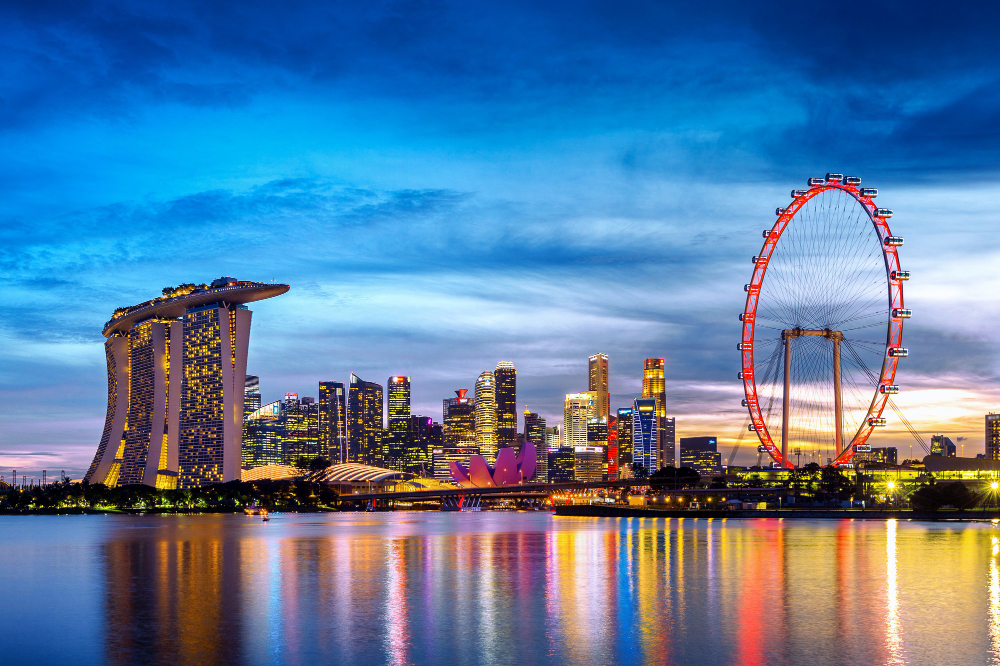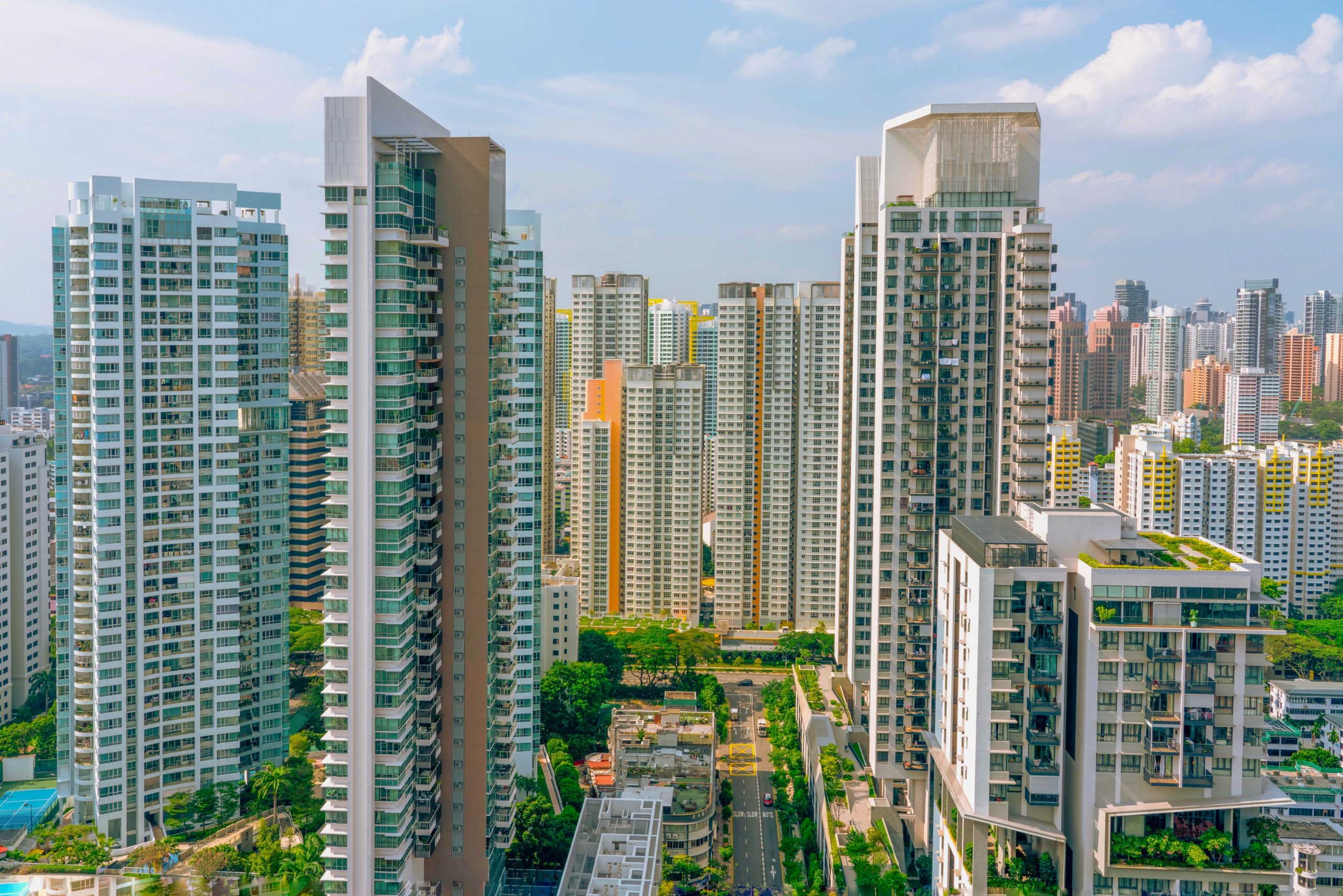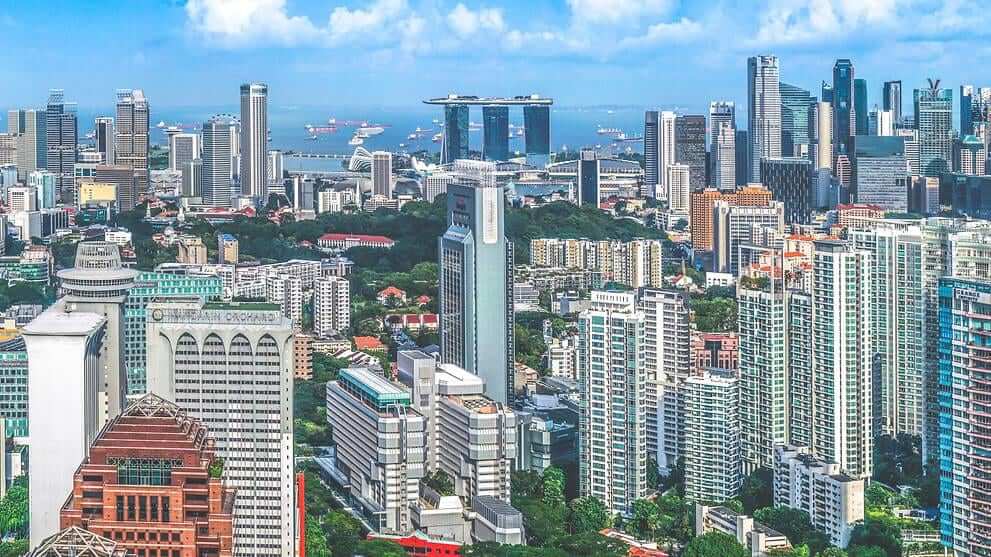When considering a property purchase in one of Asia’s most dynamic cities, Singapore, potential buyers are met with a tapestry of unique opportunities and challenges. As a global financial hub, Singapore boasts a robust real estate market characterized by its blend of modernity and tradition.
From towering high-rises in the Central Business District to charming landed properties in residential enclaves, the variety is indeed vast. However, navigating this complex landscape requires a nuanced understanding of various factors—government regulations, market trends, and investment opportunities all play pivotal roles.
Whether you’re a first-time buyer or an experienced investor, grasping the intricacies of this market is essential for making informed decisions. In this article, we will delve into the key aspects you should be aware of before venturing into Singapore’s vibrant real estate scene — and how trusted agencies like River Green can help guide your way.
Understanding Property Types in Singapore

Source: www.kennarealestate.com
Understanding property types in Singapore is essential for any potential buyer navigating this vibrant real estate market. The landscape is diverse, comprising various categories, such as public housing (HDB flats), private condominiums, landed properties, and executive condominiums.
HDB flats are the backbone of Singapore’s housing scheme, offering affordable options mainly for citizens, while private condominiums attract both local and foreign investors, showcasing sleek amenities and prime locations. Landed properties, often seen as the hallmark of wealth, provide individuality and space, but come with a hefty price tag.
Moreover, executive condominiums, a hybrid of public and private housing, offer a pathway for middle-income families looking to step into the private market. Each property type presents unique advantages and challenges, and understanding these nuances is crucial to making informed decisions that align with both your financial goals and lifestyle preferences.
Key Factors Influencing Property Prices

Source: fraxtor.com
Several key factors significantly influence property prices in Singapores dynamic real estate market. Foremost among these is the ever-fluctuating supply and demand dynamics, which can be swayed by changing demographics and economic conditions.
For instance, an influx of expatriates can drive up prices in sought-after districts. Additionally, government policies, such as property cooling measures and foreign ownership regulations, play a critical role in shaping market trends.
Infrastructure developments, like new MRT lines or expressways, often enhance accessibility, making nearby properties more desirable—thus pushing prices higher. Moreover, the overall economic climate, including interest rates and job growth, directly impacts buyers purchasing power.
With each of these factors intersecting in intricate ways, understanding their interplay becomes essential for anyone looking to navigate Singapores real estate landscape effectively.
Financing Your Property Purchase

Source: investasian.com
Financing your property purchase in Singapore can be both an exhilarating and daunting experience, influenced by a constellation of factors unique to this vibrant market. First and foremost, potential homeowners should thoroughly explore their financing options, which range from bank loans to government schemes designed to ease the burden on first-time buyers.
Given the robust regulatory framework and the need for a hefty down payment—typically around 20% for private properties—savvy buyers must also consider their credit history, current financial obligations, and the implications of the Total Debt Servicing Ratio (TDSR). While the allure of en bloc sales can be tempting for those eyeing investment opportunities, understanding the intricate dynamics of pricing and financing in such scenarios is essential.
Moreover, let’s not overlook the potential impact of fluctuating interest rates on long-term affordability. Each decision you make can ripple through your financial future, making it crucial to do your homework and, if necessary, consult with experts to secure a venture that aligns with both your dreams and your wallet.
Conclusion
In conclusion, navigating Singapores real estate market requires a thorough understanding of its unique dynamics, regulatory environment, and current trends. Prospective buyers should consider factors such as location, property type, and market forecasts to make informed decisions.
Developments like River Green not only highlight the luxurious offerings available in the city but also underline the importance of strategic investment in areas poised for growth. Ultimately, thorough research and careful planning are essential for anyone looking to capitalize on the opportunities within Singapores vibrant property landscape.
By arming themselves with knowledge, buyers can confidently embark on their real estate journey in this dynamic city-state.











